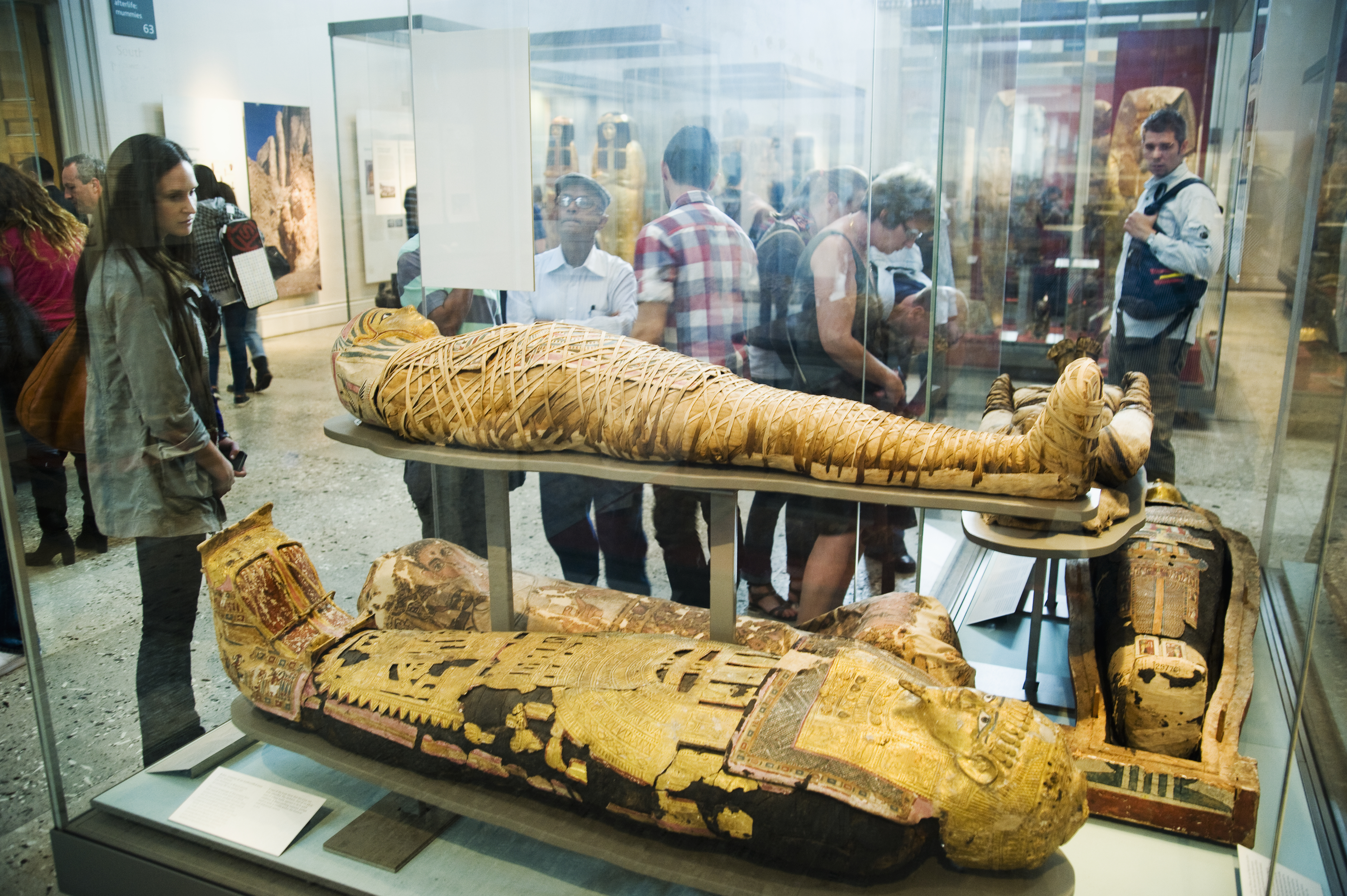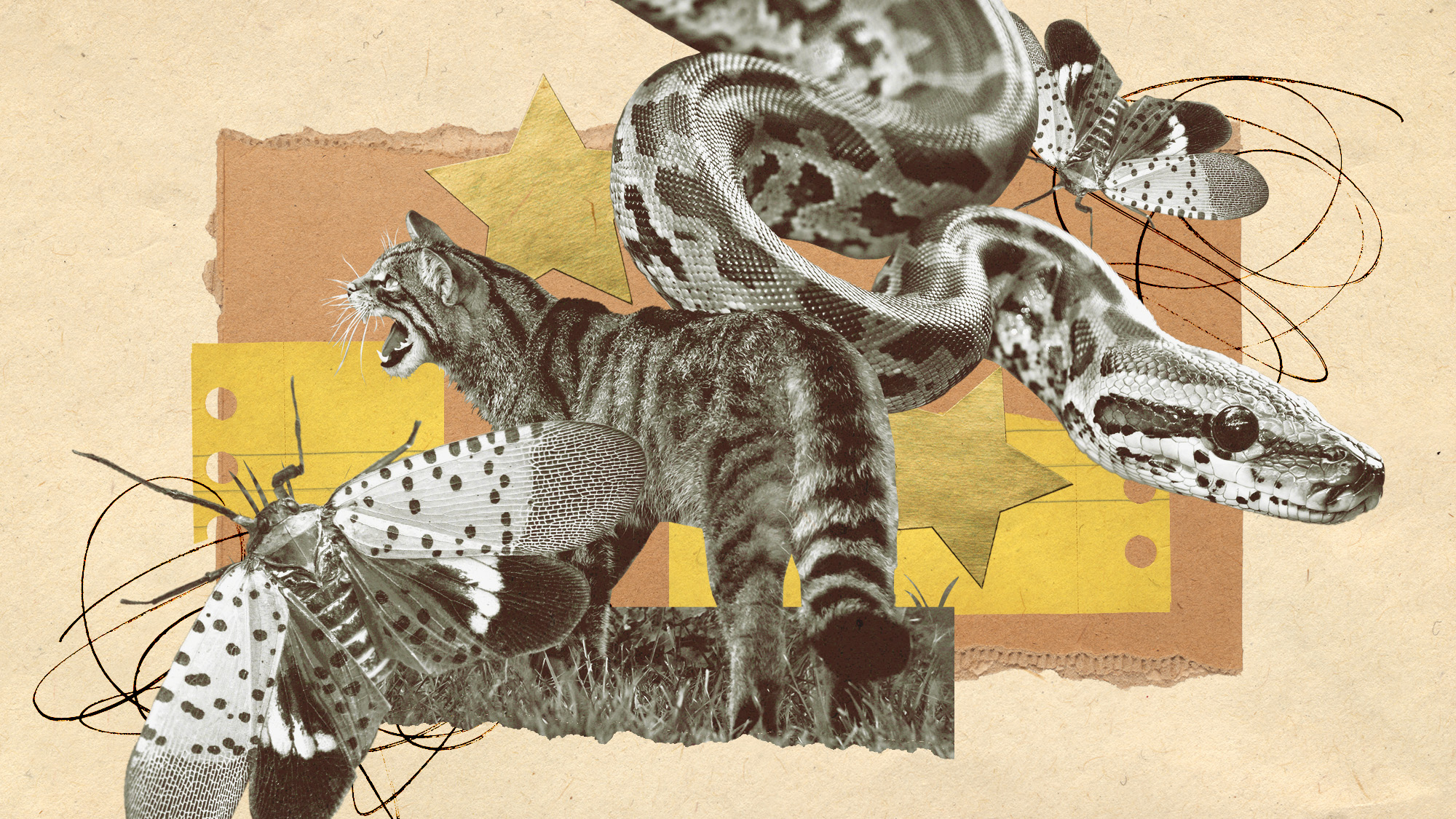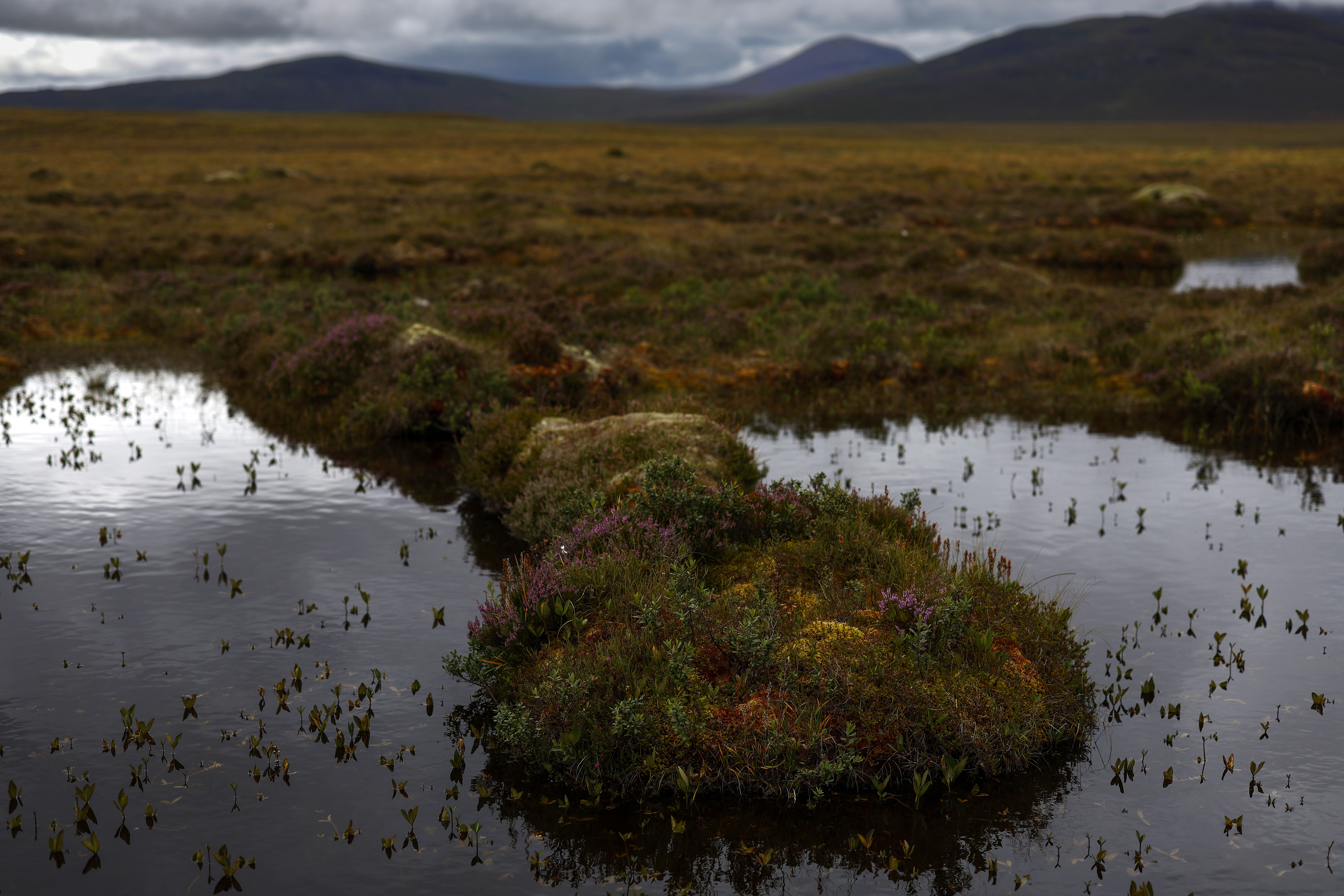Should the term 'mummy' be removed from museums?
The term may 'undermine the humanity' of the dead


A free daily email with the biggest news stories of the day – and the best features from TheWeek.com
You are now subscribed
Your newsletter sign-up was successful
Some British museums are phasing the word "mummy" out of their exhibits, instead opting for the term "mummified person." Here's everything you need to know:
Why are museums making the switch?
Mummies have been cast by popular culture and entertainment as "supernatural monsters," according to Jo Anderson, assistant keeper of archaeology at the Great North Museum: Hancock in Newcastle. Legends about "the mummy's curse" undermine the humanity of these deceased individuals, some experts argue. In other words, mummies are people too, but visitors don't see them as such. Research looking into how museum-goers experienced a display of a mummified Egyptian woman known as Irtyru found that many "did not recognize that she was a real person," museum manager Adam Goldwater told CNN. "We hope our visitors will see her remains for what they really are — not an object of curiosity, but a real human who was once alive and had a very specific belief about how her body should be treated after death."
It has not been lost on museums that depictions can be shaped by outdated ideologies. "Important aspects of our collections and the way that we display them have been shaped by imperial and colonial thinking and actions that were based on racial and racist understandings of the world," a spokesperson for the National Museum of Scotland told CNN.
The Week
Escape your echo chamber. Get the facts behind the news, plus analysis from multiple perspectives.

Sign up for The Week's Free Newsletters
From our morning news briefing to a weekly Good News Newsletter, get the best of The Week delivered directly to your inbox.
From our morning news briefing to a weekly Good News Newsletter, get the best of The Week delivered directly to your inbox.
"We are reflecting on how we represent imperial and colonial pasts to our audiences. In our galleries, we are making changes to displays and labels to address historical bias."
The decision has garnered a variety of opinions.
Why are critics opposed?
Unlike others, the British Museum of London said it "hasn't banned the use of the term 'mummy' and it is still in use across our galleries" but prefers the term "mummified remains" and plans to use it in future exhibits to respect the humanity of the ancient Egyptians.
The term "mummy" is believed to derive from the Arabic word "mumiya" which refers to the bitumen substance used to embalm the bodies, which was later adopted by Europeans in the 16th century when many of them were acquired. It was only used as a word for the dead person following the European adoption of the term.
A free daily email with the biggest news stories of the day – and the best features from TheWeek.com
"When museums cut themselves off from popular culture they show contempt for how we all understand words, meanings, and history," argued Jeremy Black, author of Imperial Legacies: The British Empire Around The World. He adds, "It would be better to focus on helping create a setting that encourages all to visit them rather than in pandering to a virtue-signaling minority."
David Abulafia, professor emeritus of Mediterranean history at Cambridge University, called the decision "strange." Ancient Origins joked that museums are "woking the dead," adding, "Egyptologists will no longer be 'field researching mummies,' but performing 'practicum on mummified people.'" Similarly, Chair of the Campaign for Real Education Chris McGovern remarked that "the curse of the mummy is driving these academics mad!"
Are museums going far enough?
On the other side of the debate, some argue that rather than altering the terminology, mummies should not be displayed in museums at all. This could combat the "tendency to treat mummies as objects, an exploitable commodity for industry or entertainment," as author Jason Colavito argued in a CNN column.
"Many ancient mummies are currently displayed in disrespectful ways," asserted the Arna Bontemps Museum in Louisiana. "Museums are reconsidering the use of mummies in these exhibits, wondering if they are too sacred to display." The debate over the ethics of displaying mummies acknowledges that ancient Egyptians believed that "If the body was destroyed, the spirit could be lost."
Colavito argues that the adoption of the word "mummy" was intended to "put distance between the living and the dead, to turn deceased humans into objects." Additionally, many mummies displayed in the West were acquired amid colonialism and are "expressions of racial and cultural power dynamics."
"Making a few cosmetic changes to signage to acknowledge the dead as people is a good start," he writes. "But real change will only come when we honor the dead by getting them out of our museums and leaving them to rest as they, their descendants, and their cultures wished."
Devika Rao has worked as a staff writer at The Week since 2022, covering science, the environment, climate and business. She previously worked as a policy associate for a nonprofit organization advocating for environmental action from a business perspective.
-
 Health insurance: Premiums soar as ACA subsidies end
Health insurance: Premiums soar as ACA subsidies endFeature 1.4 million people have dropped coverage
-
 Anthropic: AI triggers the ‘SaaSpocalypse’
Anthropic: AI triggers the ‘SaaSpocalypse’Feature A grim reaper for software services?
-
 NIH director Bhattacharya tapped as acting CDC head
NIH director Bhattacharya tapped as acting CDC headSpeed Read Jay Bhattacharya, a critic of the CDC’s Covid-19 response, will now lead the Centers for Disease Control and Prevention
-
 5 of the most invasive animal species on the planet
5 of the most invasive animal species on the planetSpeed Read Invasive species are a danger to ecosystems all over the world
-
 Air pollution is now the 'greatest external threat' to life expectancy
Air pollution is now the 'greatest external threat' to life expectancySpeed Read Climate change is worsening air quality globally, and there could be deadly consequences
-
 How climate change is impacting the water cycle
How climate change is impacting the water cycleSpeed Read Rain will likely continue to be unpredictable
-
 Why spotted lanternflies are back and worse than ever
Why spotted lanternflies are back and worse than everSpeed Read It's time to get squashing!
-
 Peatlands are the climate bomb waiting to explode
Peatlands are the climate bomb waiting to explodeSpeed Read The destruction of peatlands can cause billions of tons of carbon to be released into the atmosphere, worsening the already intensifying climate crisis
-
 Wind-powered ships are back. But will they make an impact?
Wind-powered ships are back. But will they make an impact?Speed Read The maritime industry is eyeing a pivot back to basics
-
 The growing threat of urban wildfires
The growing threat of urban wildfiresSpeed Read Maui's fire indicates a phenomenon that will likely become more common
-
 A summer of shark attacks
A summer of shark attacksSpeed Read A spate of shark attacks off the Northeast coast has swimmers and surfers on edge. What’s behind the biting spree?
